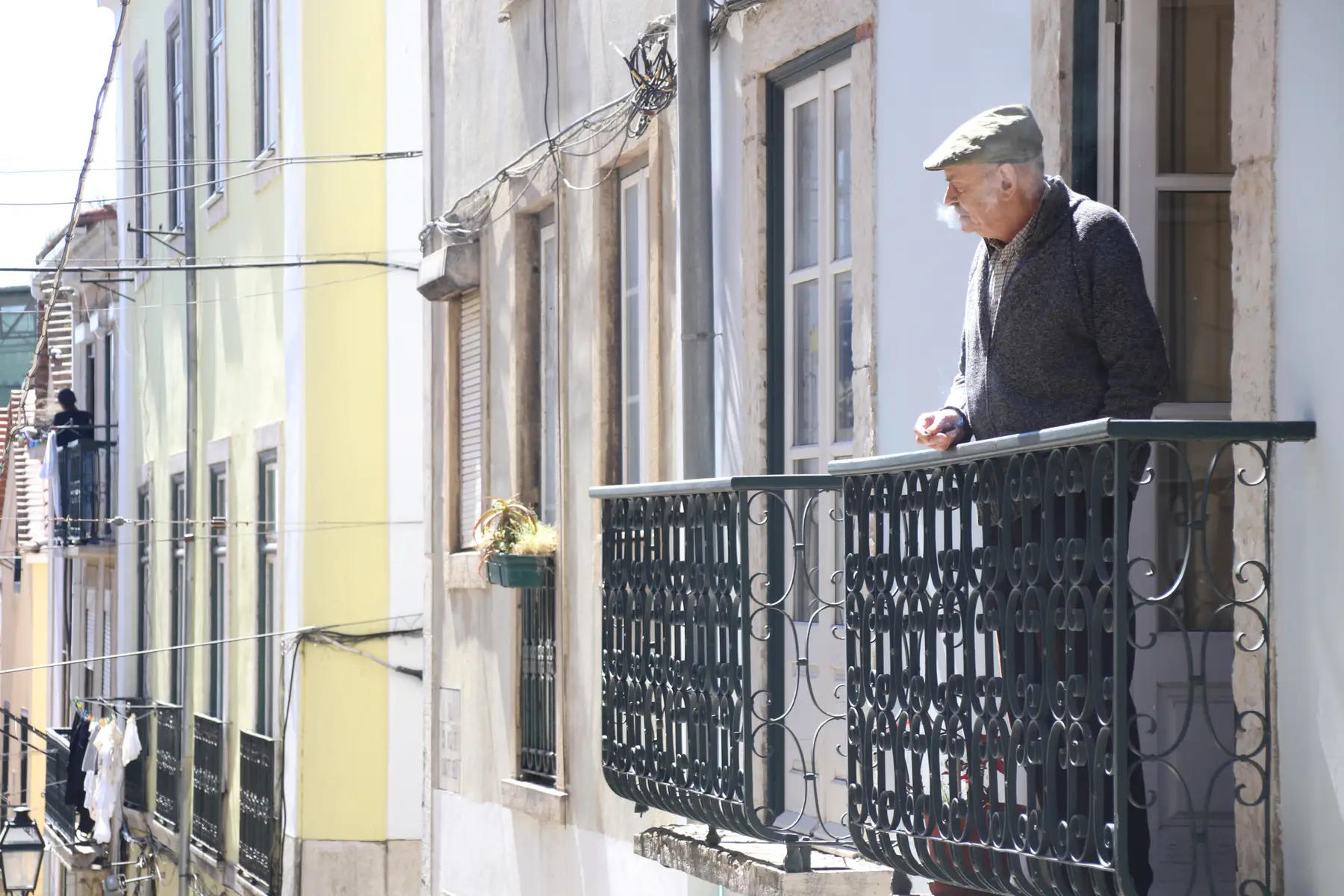It is a good idea for expats relocating or retiring in Portugal to understand how to draw up a will. This helpful guide provides all the information you need and includes the following topics:
Lamares, Capela & Associados
Lamares, Capela & Associados is a law firm specializing in immigration and citizenship in Portugal. As well as providing expertise on visas, residency, permits, and Portuguese nationality, they advise on companies, real estate, and more. Get in touch today and find out how Lamares, Capela & Associados can help you make your life in Portugal a success.
Wills and estates in Portugal
For the purposes of a will, your estate includes any cash or savings, property, and any other valuable assets. There is no legal requirement to draw up a will in Portugal. Furthermore, inheritance law in Portugal recognizes wills that have been drawn up abroad; even if they include instructions for property and assets in Portugal.

If your home country’s rules are likely to apply to your assets, then you might not need a Portuguese will. However, if you have sizeable assets in Portugal, then it is likely that Portuguese inheritance law will deal with them. Therefore, it is worth considering having a Portuguese will, even just as a safeguard.
Inheritance law in Portugal
Portuguese inheritance laws are consistent throughout the whole country. Portugal follows forced heirship rules; this states that legitimate heirs are entitled to a minimum of 50% of the deceased’s estate. However, if there is more than one legitimate heir, this portion usually increases to 60%.
Legitimate heirs include spouses, biological and adopted children, grandchildren, parents, and grandparents. The only way these relatives can be excluded from the inheritance is if the deceased has specifically asked for it on the grounds of unworthy behavior. Even in this case, the courts can challenge this request and reasoning.
Beyond the forced heirship rules, you can distribute your estate however you want, with a few exceptions. For example, the deceased’s last doctor, the priest of a religious establishment, and personal administrators cannot inherit any part of the deceased’s estate.
Inheritance law on pensions in Portugal
Close relatives may be able to receive a survivor’s pension, which is payments from the deceased’s pension. Spouses or children who are under 18 years old, under 27 and studying, or have a disability can claim this. Parents or grandparents may receive the pension if there is no spouse or children, and they were financially dependent. The survivor’s pension pays up to 60% of the original pension.
Applicable foreign inheritance laws in Portugal
Portuguese inheritance law states that the laws of an expat’s home country should apply. Therefore, if you want Portuguese inheritance rules to apply to your estate, it must be stipulated in your will. If the spouse of the deceased is a different nationality, they can apply the laws of their country of residence. Therefore, if you have relocated to or retired in Portugal, Portuguese inheritance law can be applied.
Rejecting assets and contesting a will in Portugal
As heirs are protected from inheriting debts and are usually exempt from paying any tax on what they inherit, there isn’t really a culture of rejecting an inheritance. Because heirs are not usually written out of wills in Portugal, contesting a will is rare in the country. However, any cases where the heir has been disinherited on grounds of unworthy behavior can be taken to court.

Unclaimed inheritance in Portugal
If there is no will, and there are no legitimate heirs or other family members to inherit the estate, the inheritance will be deemed unclaimed and will pass to the Portuguese state.
Wills in Portugal
There is no legal requirement to draw up a will in Portugal; regardless of whether Portuguese laws or the laws of your home country apply to your estate. Therefore, if you want the laws of your home country to apply to your estate, you don’t really need a Portuguese will.
However, it might be worth considering getting one if you have valuable assets such as property in Portugal; or other circumstances that mean your estate is likely to be dealt with under Portuguese inheritance law.

There are other benefits, too. For example, having a Portuguese will means that you could cut the costs of having a foreign will translated into Portuguese. It could also save you time as some countries will make you wait for a Grant of Probate to be issued.
Fortunately, if you don’t want to choose between a Portuguese will and one in your home country, you don’t have to. This is because Portuguese law allows people to have two wills. You can have one will in Portugal and one in your home country. Note that you must draft them so that one doesn’t accidentally negate or revoke the other. For this reason, it is wise to consult a solicitor if you want to have more than one will.
Types of wills in Portugal
There are two types of Portuguese wills:
- Public wills: these are created publicly and are overseen by a notary. They must be signed by two witnesses.
- Closed wills: this is written and signed in private.
The cost of drawing up a Portuguese will is around €230, plus VAT and administration fees.
How to write a will in Portugal
Regardless of which type of Portuguese will you choose, you will need to get a notary to check it over. The European Directory of Notaries may be able to help you find one. However, a notary in your home country can also carry out the role, as long as they understand the document.
Public will
This is the most common type of Portuguese will. A notary has more involvement, as they check your identification and write up the will. They are also responsible for making sure you understand the process. Two witnesses must usually sign the will.
Closed will
This kind of will is written and signed by the testator in private. As a result, a notary must check and confirm it in order to validate it.
Executing a will and grant of probate in Portugal
Executors are rare in Portugal, as there is no legal requirement to appoint one to write a Portuguese will. Normally, the closest legal heir will administer the estate, rather than an executor.
Probate should begin in the local tax office within three months following the death. The validity of the will must be confirmed, and a deed of heirs must be signed and submitted to the tax authorities before the assets can begin to be distributed. It is not uncommon for the winding up of a Portuguese estate to take from 12 months to several years.
Getting your estate valued in Portugal
If you are planning your estate in Portugal, it can be helpful to get a valuation of your assets. This is especially important when it comes to real estate. A lawyer or civil engineer can do this for you and will provide a financial statement.
With regards to property, the valuation takes into account its current value and a projection of how that might change in the coming years. You can calculate the value of your estate in Portugal by using this simple equation:
The total value of existing assets + value of any assets donated – expenses related to the administration of the estate – estate debts
There are various ways to find an English-speaking specialist to help you value an estate. Online services such as Worldwide Lawyers can help.
Inheritance tax in Portugal
While there is no inheritance tax in Portugal, there is a type of tax – Imposto do Selo. This is charged at a low flat rate of 10%, but there are several exemptions. No ‘legitimate heirs’ will pay this tax; this means spouses, children, grandchildren, parents, and grandparents. Furthermore, it is only charged on Portuguese assets, such as Portuguese properties or other valuable items.
Tips on planning your estate in Portugal
Here are a few extra tips for negotiating Portuguese inheritance rules:
- Power of attorney: in Portugal, those with powers of attorney often have very general clauses. The permissions can be used for things like signing title deeds on the heir’s behalf.
- Legal advice: while legal advice comes with extra fees, it is a good idea to seek legal advice if you are dealing with a complicated estate. Law firms such as Lamares, Capela & Associados provide advice to expats living in Portugal.





